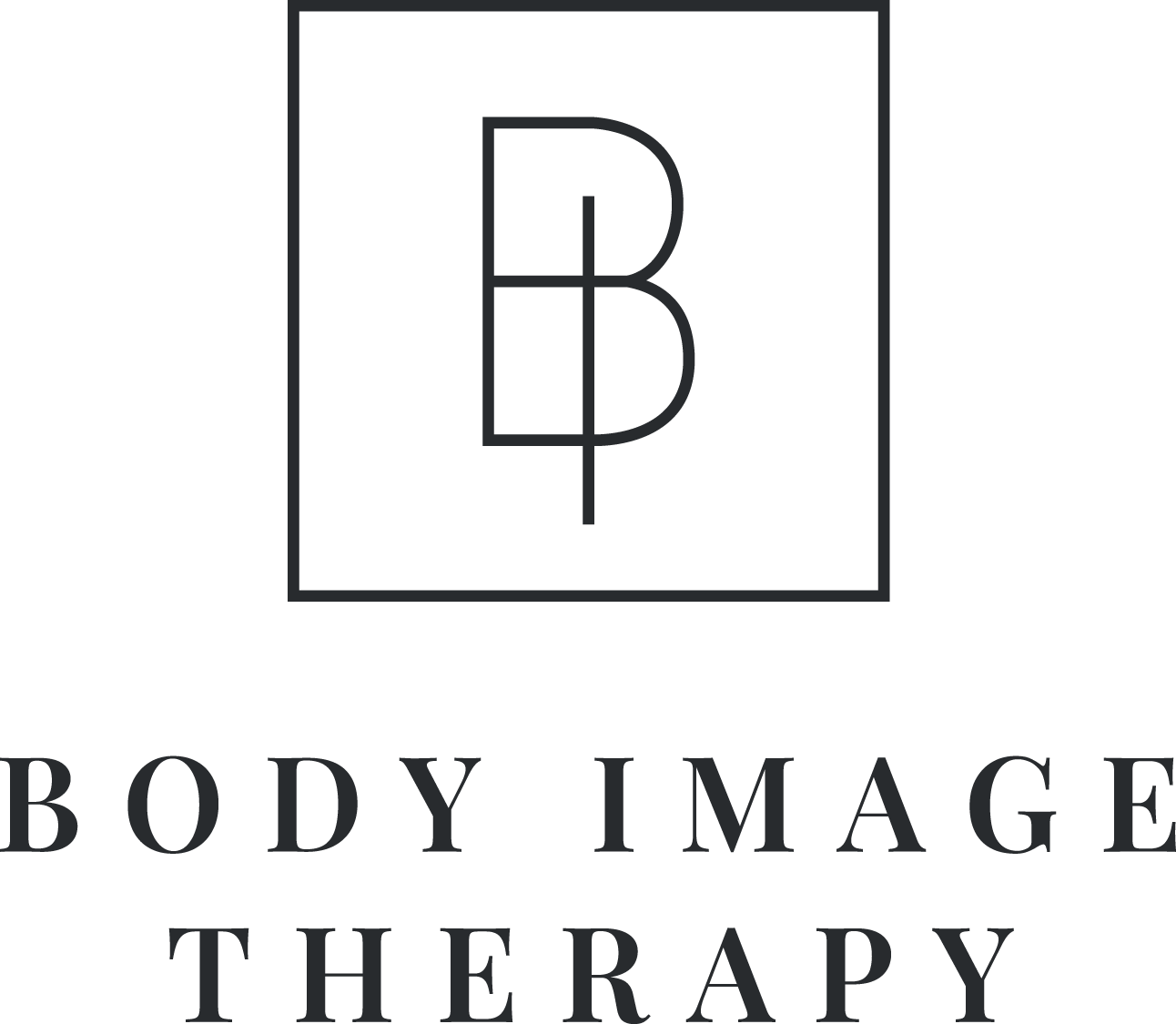
Top ten tips for a psychologically healthy approach to cosmetic surgery
You’d be forgiven for thinking that cosmetic surgery is a quick fix. After all, everyone’s having it done, right? It’s become the norm, in part, due to our celebrity culture. However, surgery is not something to be taken lightly, going under the knife to alter one’s appearance poses risks to physical health, finances, and emotional and psychological wellbeing.
I made a fairly impulsive decision at age twenty to undergo a rhinoplasty which left me with a less than desirable outcome. Twenty-five years later I discovered Mr Sultan Hassan, a skilled surgeon with the highest integrity and to whom I will be forever grateful for performing a revision rhinoplasty and giving me a normal looking nose. Whilst finding a reputable surgeon limits the possibility of complications, no outcome can be guaranteed.
That said, for many people with sound mental health, cosmetic surgery is a natural desire for self-improvement and can be life-enhancing.
Top Ten Tips
To ensure the likelihood of a positive outcome, follow my top ten tips for a psychologically healthy approach to cosmetic surgery.
WRITE DOWN YOUR MOTIVATIONS FOR SURGERY
-Healthy motivations lead to better outcomes. Healthy motivations are internal, e.g you may dislike a certain feature due to past bullying /the aging process may have altered your breasts and affected your identity/your eye-bags may belie the fact you feel vibrant inside.
-Unhealthy motivations are those that come from others, e.g pressure from a partner to have larger/smaller breasts.
HAVE REALISTIC EXPECTATIONS
-Steer clear of vague goals such as to look and feel better as these cannot be measured. Be specific about the changes you want to see in your feature, e.g. slimmer, lifted tip etc.
-If you have never liked yourself or have never had a partner, changing a feature is unlikely to alter this.
-Try to be clear about what will change behaviourally post-surgery, e.g. I will be able to wear my hair up/I will be able to wear a fitted dress.
IDENTIFY ANY CURRENT LIFE STRESSORS
-Difficult life events such as divorce, bereavement and relationship issues can affect your thoughts and feelings and cause reactive behaviour.
-Delay surgery and instead acknowledge the current problem and your feelings about it. Seek professional help if required.
INCREASE YOUR SELF-CARE
-Our minds and bodies are inextricably linked, give yourself the best chance at feeling good emotionally and physically by optimising these everyday necessities: Movement, Nutrition & Sleep.
BE CURIOUS ABOUT YOUR SELF-ESTEEM
-Our appearance is part of us but not the whole, healthy self-esteem is made up of a balance of things.
-Use this time to identify your qualities and abilities e.g kindness, good at sport, open.
-If this is difficult, think of the qualities and abilities that you would like to have and make a plan to work towards them.
CHECK YOUR MENTAL HEALTH
-Have you got a current or previous mental health diagnosis? Eating disorders, Body Dysmorphic Disorder and Depression can affect the judgement of your appearance and lead to poor outcomes. Cosmetic surgery is best delayed until after receiving psychological support.
HAVE A GOOD SUPPORT SYSTEM IN PLACE
-A sense of belonging increases our well-being, connect with others on Instagram @elitesurgical1 to share personal experiences and gain support.
-Aside from the practical aspect of help, plan who to call, text and see in person during your recovery. A listening ear can validate the ups and downs of recovery.
DO TWO THINGS A DAY THAT BRING YOU JOY
-Sat at home recovering can mean a lack of positive experiences in a day which can lower your mood. Be proactive and do two things a day that bring you joy.
-Use the time off work to indulge in your favourite music, movies, hobbies, journaling etc.
BELLY BREATHING
-At times you may feel anxious during your recovery due unexpected bumps, sensations etc.
-This technique calms the body from the inside out, when the body is calm the mind knows that everything is okay.
-Place one hand on your upper chest and the other on your belly. Imagine your belly is a balloon. Breathe in slowly through your nose and inflate your belly. The hand on your belly should rise and the hand on your chest remain still. Exhale slowly through pursed lips and feel your belly deflate. Repeat until you notice the sense of calm throughout your body.
EXTERNAL FOCUS OF ATTENTION
-Negative thoughts can creep in during the recovery process, affecting our mood and behaviour.
-A useful way to disengage from these thoughts is to change our focus of attention from internal to external.
-Look around the room and name 5 things that you can see, 5 things you can hear and five things that you can feel. Repeat this as many times as you can until you feel settled.
If you would like further information or support for any of the issues mentioned please contact Body Image Therapy www.bodyimagetherapy.co.uk
